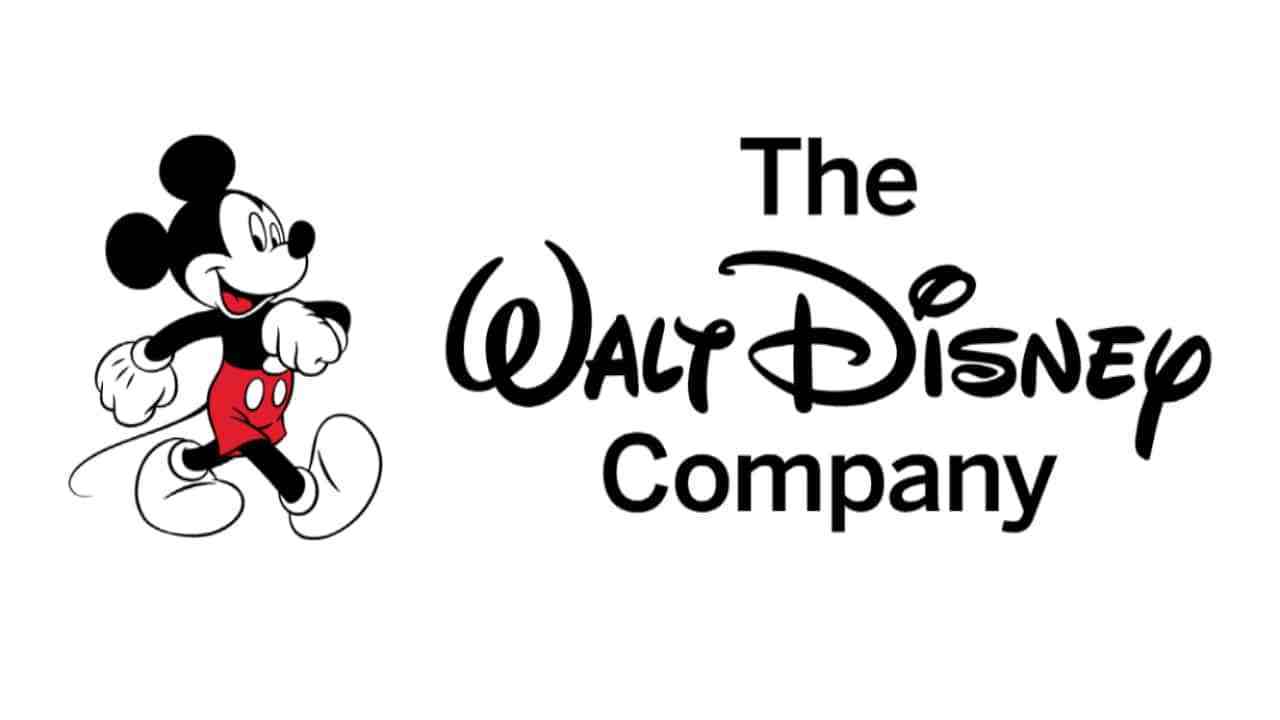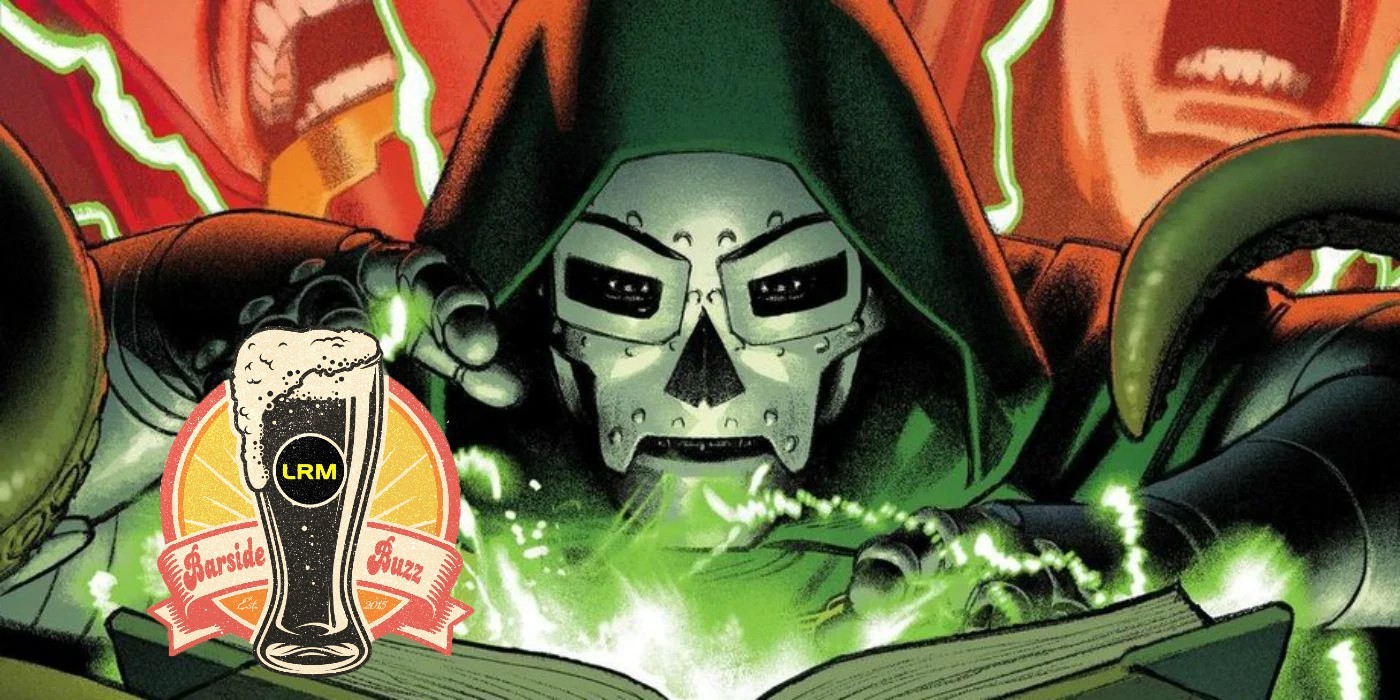
Jesse Eisenberg’s portrayal of Lex Luthor in last year’s Batman v Superman was divisive and polarizing, to put it mildly. Many fans and media couldn’t wrap their heads around Eisenberg’s fast-talking, manipulative, and often screeching characterization, which veered wildly from past film depictions by Kevin Spacey and Gene Hackman. To be honest, Eisenberg’s Luthor was closer to a Joker interpretation, moreso (arguably) than Jared Leto’s actual Joker performance in Suicide Squad (2016). I digress.
According to Batman-News, now we’re learning that Eisenberg’s presence in the upcoming Justice League movie is now a cutting-room floor casualty. (And there was much rejoicing.) We all wondered what kind of impact Joss Whedon would have on this film, and now we have a wee indication that it’s not going to be trivial.
Related – Justice League Has Apparently Screened For Some Lucky Fans
Whedon just stamped a giant thumbprint on this film, and it’s worth discussing what it (might) mean, if you’ll grant me a little rope to explain (or hang myself, as I’m known to do).
In Batman v Superman, Luthor was a Superman problem who ultimately became a Batman and Wonder Woman problem. Luthor was the film’s primary antagonist, but he never engaged the heroes directly. Luthor’s clearly not a physical threat to these heroes, so he fought them on an emotional and intellectual level… and therein lied the problem. Eisenberg’s take on Luthor didn’t sell either emotion or intellect. Not even remotely.
It’s takes a skillful writer and director to strike a balance between invisible versus tangible threats. Eisenberg’s flighty, quirky, goofy iteration simply didn’t sell menace (to me); I have similar qualms with both Spacey and Hackman. Superhero films are only as good as their villains, and Superman has always worked best (or at least better) when the threats are physical (Superman II and Man of Steel being the high-water marks).
Luthor ultimately employed Doomsday as his physical proxy, but the monster was introduced so late in the narrative that it came off as silly, uninventive, and unsatisfying. We have no idea how Steppenwolf (I still giggle when I say his name) will rate as a villain, but Whedon’s erasure of Luthor from Justice League implies that no time will be wasted on a character who does not drive the plot forward. At best, Luthor’s presence would have been an annoying (again) or distracting, at worst he would have been confusing — in what’s certain to be a sprawling film.

How does this impact Justice League? Thought you’d never ask… Whedon’s major struggle in both Avengers films to-date was the lack of a satisfying plan by either of his villains. Loki wanted to rule Earth, Ultron wanted to eradicate humanity — conceptually, these are great starting points. However, Whedon failed to make the execution of their goals very compelling; both films devolved into videogame battles against cardboard enemies, but at least Loki and Ultron threw some actual punches in the process, not so with Luthor.
Whedon needs to show that Steppenwolf has a viable AND interesting plan, rather than just relying upon yet another minion-fest — the first Justice League trailer worried me specifically for this reason. Does anyone think that Luthor could help Whedon solve these issues? Me either. Eliminating him from the film should help to streamline and focus the narrative (one hopes). We’re inside of 3 months until Justice League hits theaters, hopefully we’ll get a new trailer soon that expresses Whedon’s full vision, and reinforces the logic of his Luthor execution.
Are you thrilled or merely excited that Lex Luthor is zapped from Justice League? Let us know in the comments down below!
Justice League hits theaters on November 17, 2017.
Don’t forget to share this post on your Facebook wall and with your Twitter followers! Just hit the buttons on the top of this page.
SOURCE: Twitter
 FOR FANBOYS, BY FANBOYS
Have you checked out LRM Online’s official podcasts and videos on The Genreverse Podcast Network? Available on YouTube and all your favorite podcast apps, This multimedia empire includes The Daily CoG, Breaking Geek Radio: The Podcast, GeekScholars Movie News, Anime-Versal Review Podcast, and our Star Wars dedicated podcast The Cantina. Check it out by listening on all your favorite podcast apps, or watching on YouTube!
Subscribe on: Apple Podcasts | Spotify | SoundCloud | Stitcher | Google Play
FOR FANBOYS, BY FANBOYS
Have you checked out LRM Online’s official podcasts and videos on The Genreverse Podcast Network? Available on YouTube and all your favorite podcast apps, This multimedia empire includes The Daily CoG, Breaking Geek Radio: The Podcast, GeekScholars Movie News, Anime-Versal Review Podcast, and our Star Wars dedicated podcast The Cantina. Check it out by listening on all your favorite podcast apps, or watching on YouTube!
Subscribe on: Apple Podcasts | Spotify | SoundCloud | Stitcher | Google Play



